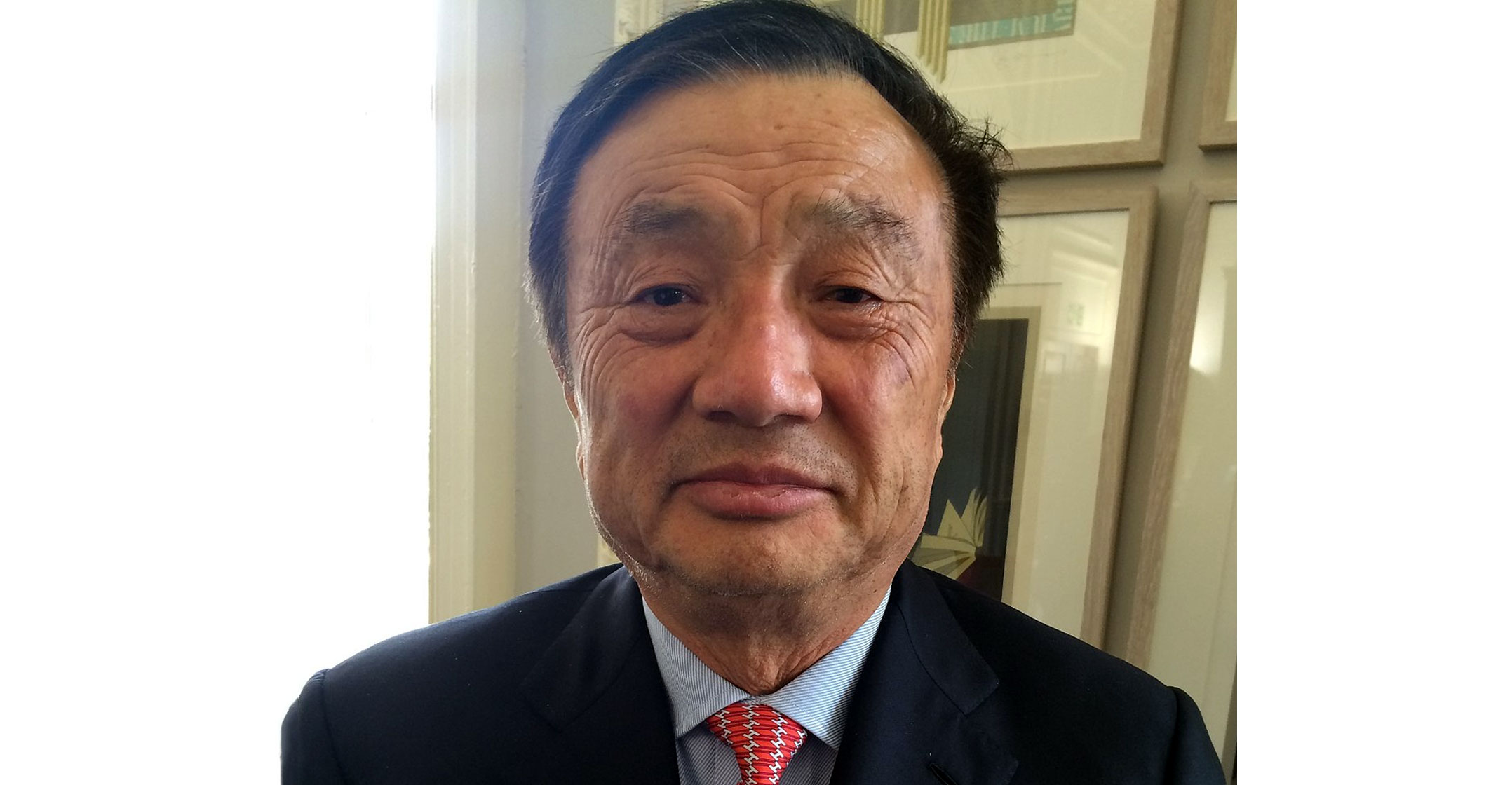
Huawei Technologies founder Ren Zhengfei warned in an internal memo the company is at a “live or die moment” and advised underutilised employees to form “commando squads” to explore new projects. Workers who fail will have their salaries cut every few months and may lose their jobs, the billionaire said yesterday.
Since May, Huawei has occupied the uncomfortable position of being both an established global technology brand and a member of the US Entity List, which bars it from trading with American suppliers. Despite a series of 90-day reprieves, the latest of which came yesterday, the uncertainty caused by American sanctions has already cost the company a great deal. Even if Huawei is eventually brought in from the cold, the impact of the upheaval will be widespread and painful.
The most immediate of Huawei’s losses is the international smartphone market. The company’s internal estimates show it expects to sell 60 million fewer phones in 2019 than it would have done without the US impositions. In 2018, Huawei grew its mobile shipments by 34% to 206 million, according to IDC data, and in the first quarter of 2019 its pace accelerated to a 50% improvement while rivals Samsung Electronics and Apple both saw shrinking sales. By the second quarter, partially affected by US sanctions, Huawei’s growth had been slashed to 8.3%.
Having successfully penetrated the European mobile market, Huawei was on a path to becoming the world’s biggest phone vendor. However, the loss of Google’s Android, the brains inside its handsets, and the related Play Store app ecosystem made Huawei devices undesirable outside of China.
Ren warned in his memo that redundant staff need to find a way to make themselves useful.
“They either form a ‘commando squad’ to explore new projects — in which case they could be promoted to company commander if they do well,” he wrote. “Or they can find jobs in the internal market. If they fail to find a role, their salaries will be cut every three months.”
The consumer division is, according to Huawei itself, its growth engine. Accounting for 45% of its revenue last year, the business that sells phones and other gadgets is instrumental to Huawei’s future health, and it’s taken a substantial reputational blow from all the allegations and sanctions levied against Huawei. That won’t be repaired anytime soon.
Scramble
On the same front is Huawei’s loss of software engineering time as it’s had to scramble to create a potential Android substitute. In the wake of the US ban, the company switched to 24-hour days, working as many as 10 000 developers across three shifts and three offices to eliminate the need for American software and circuitry. Huawei ended up hurrying its HarmonyOS out this month, just to demonstrate it can code its own operating system, though it convinced very few people that it has anything approaching an Android alternative waiting in the wings.
Less quantifiable but still significant will be the talent drain that Huawei suffers from the tarnishing of its global reputation and the overwork that’s resulted from its efforts to recover. The company has downsized its workforce in response to its new circumstances.

Ren wrote that the company’s priorities are for employees to make “meritorious deeds” and for management “to promote outstanding employees as soon as possible and infuse new blood to our organisation”.
In explaining the fresh extension to Huawei’s reprieve from US sanctions, commerce secretary Wilbur Ross said that some American telecommunications operators are “dependent” on Huawei tech and need time to wean themselves off it. So, while the Washington authorities are giving Huawei a little more breathing room, the company’s situation is still very much precarious, as its founder has indicated.
Without the US trade intervention, Huawei would be threatening Samsung for the crown of the world’s most prolific smartphone vendor and it would be capitalising on its lead in 5G technology instead of counting the cost of lost customers. The company remains in a strong position, but the dynamism of its growth and the lustre of its cutting-edge technology have both been diminished by the measures taken by the American government. — Reported by Vlad Savov and Gao Yuan, (c) 2019 Bloomberg LP

